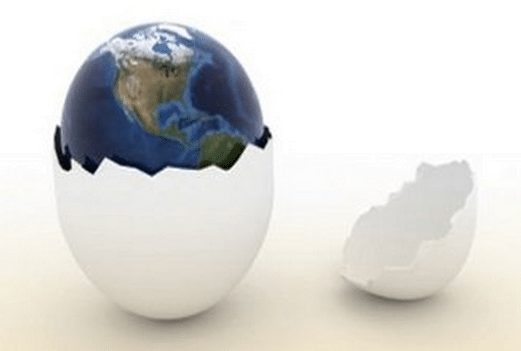Project Overview
Project Description
Safisana is initiating, designing, constructing and operating waste-to-resource factories in order to improve the sanitary conditions in LMICs. This specific project is focussing on the Business development activities and more specifically the TEA (Technical – Economic analysis). One of the core aspects of the TEA process is the quantification of material streams, for example, what are the expected outputs for a potential new factory and which inputs would be required? This helps to make informed decisions at the early stages of the project pipeline.
This specific project may focus on the modelling which is partly in simulation software (FlexSim) and partly in spreadsheets (Gsheets). Till now Safisana has always been working with static models (spreadsheets) and now looking to get into simulation models so the time dimension can be added to these models. The results of the models would directly feed into the financial models to support the business cases and decisions.
Impact
The results of the project are expected to support the rollout of the Safisana concept and so have a positive impact with the most notable SDG’s:
- SDG 3: Good Health and Wellbeing. Safisana treats waste to improve sanitation, reduce disease and support healthier communities.
- SDG5: Safisana promotes gender equality by creating jobs and training opportunities for women in waste management, energy, and agriculture.
- SDG6: Clean Water and Sanitation, Safisana’s waste treatment solutions prevent water pollution and support access to safe sanitation.
- SDG7: Affordable and Clean Energy: Safisana turns waste into biogas, providing renewable energy for local communities and industries.
- SDG8: Decent Work and Economic Growth. Safisana creates stable employment opportunities, particularly in low-income communities, while providing professional training in waste management, renewable energy, and organic fertilizer production, thus driving economic growth.
- SDG9: Industry, Innovation and Infrastructure. Safisana builds innovative waste-to-energy plants, showcasing sustainable, circular economy practices.
- SDG 11: Sustainable Cities and Communities. By reducing pollution and managing waste, Safisana helps make cities cleaner and more sustainable.
- SDG 13: Climate Action. Safisana reduces greenhouse gas emissions through waste-to-energy processes, supporting climate action goals.
Eligibility Criteria
Skills / Experience:
- Required:
- Data Analysis + Statistics
- Control Systems + Systems Design / Analysis
- Process Design
- Desired:
- API Development
- Chemical Process Design, Fabrication and Analysis
- Energy Systems Design + Analysis
- Process Design
- Technical Writing and Documentation
Software Proficiency:
- Required:
- G-Suite or Similar
- Desired:
- FlexSim or other simulation software (e.g. Anylogic)
- Data Analysis + Statistics
- Financial Analysis / Business Model Development
Discipline:
- Environmental Engineering, Civil Engineering, or other relevant engineering disciplines
Additional Skills:
- Background in process, chemical or environmental engineering with experience in the modelling and dimensioning of waste treatment plants would be preferred
- Proficiency in spreadsheets (G-Suite or MS Excel) and experience with simulation software (system dynamic, discrete event, agent-based etc e.g. FlexSim or Anylogic) would be an asset
Preferred Fellow Local Experience (All projects can be completed remotely):
- N/A
Preferred Timezone (when the Fellow should be available for meetings):
- Compatibility with UTC+0:00 and UTC+1:00
